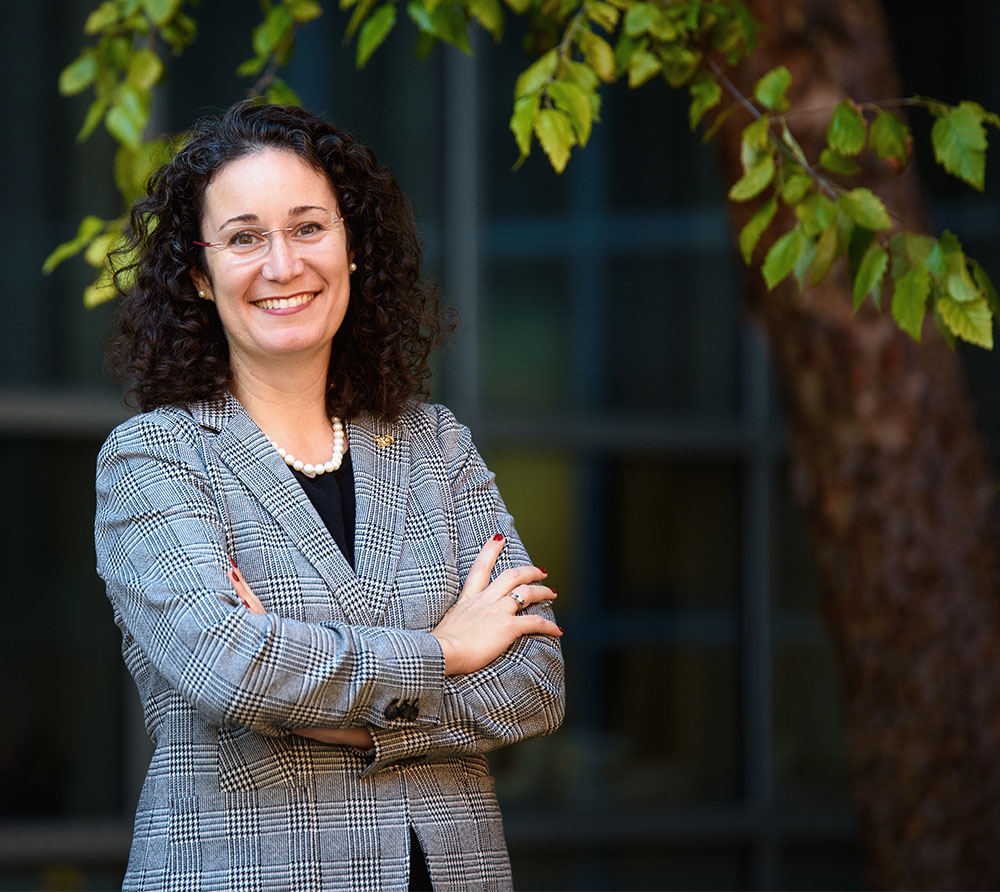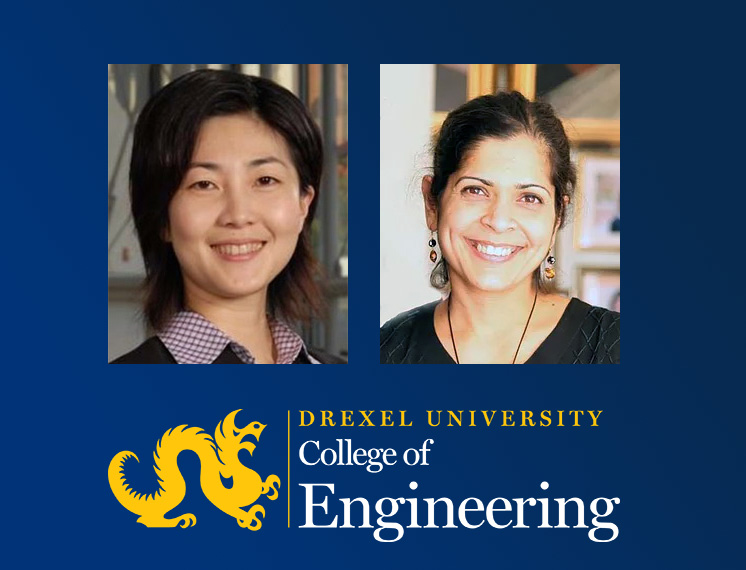Sharon Walker, PhD, dean of the College of Engineering, has been named Executive Director of ELATES at Drexel®, a national leadership development program designed to advance senior women faculty in academic engineering, computer science, and other STEM fields into effective institutional leadership roles within their schools and universities. Dean Walker will assume this new role in addition to her responsibilities as dean.

Dean Sharon Walker
Launched in 2013, ELATES is an intensive full-year, part-time fellowship program that enhances participants’ knowledge and skills in the business of higher education, project management, and effective communication. ELATES Fellows attend three in-residence sessions, complete online readings and assignments, participate in monthly conference calls with learning communities and senior advisors, and are paired with mentors who can teach new skills.
Dean Walker is an alumna of the program, having held a fellowship in the 2014-15 academic year.
“ELATES was instrumental to my growth as an administrator,” Walker says. “By identifying talented women in senior faculty roles, we can build a pipeline of strong, effective leaders who can move the higher education industry forward for years to come.”

Professor Jin Wen (left) and Associate Professor Simi Hoque
This summer, the ELATES program welcomes its largest cohort of Fellows. The group is a combination of women from the 2020-2021 cohort, whose in-person activities were delayed due to the pandemic, and the new 2021-2022 cohort. Hailing from around the U.S. and Canada, the 2021-2022 Fellows are leaders in every corner of the STEM world. Among the Fellows are Simi Hoque, PhD, associate professor of civil, architectural and environmental engineering and Jin Wen, PhD, professor of civil, architectural and environmental engineering.
“I am especially delighted to welcome accomplished women scientists and engineers to the program,” Walker says. “They are already powerful change agents in our world, and ELATES will help them continue on that path.”
Hoque hopes that ELATES can be one of many ways to promote women leaders in both her specialty, which is sustainable building research, and in academia at large.
“The program will give me the opportunity to meet women who are either already leaders in their academic units or have concrete plans to do so,” she says. “The fellowship is a way to broaden our network of female STEM scholars and academics and to learn from them how they have navigated towards and within leadership roles."
Wen adds that she hopes to refine her personal leadership style through the program.
“I think ELATES can help us to understand ourselves better,” she says. "What are our strengths and weaknesses? What kind of leadership roles are best matches for our leadership styles and our personal interests? Those who have attended the program in past years have said that it not only developed these skills but also helped them to establish a support network for them to continue to grow, even after the program.”